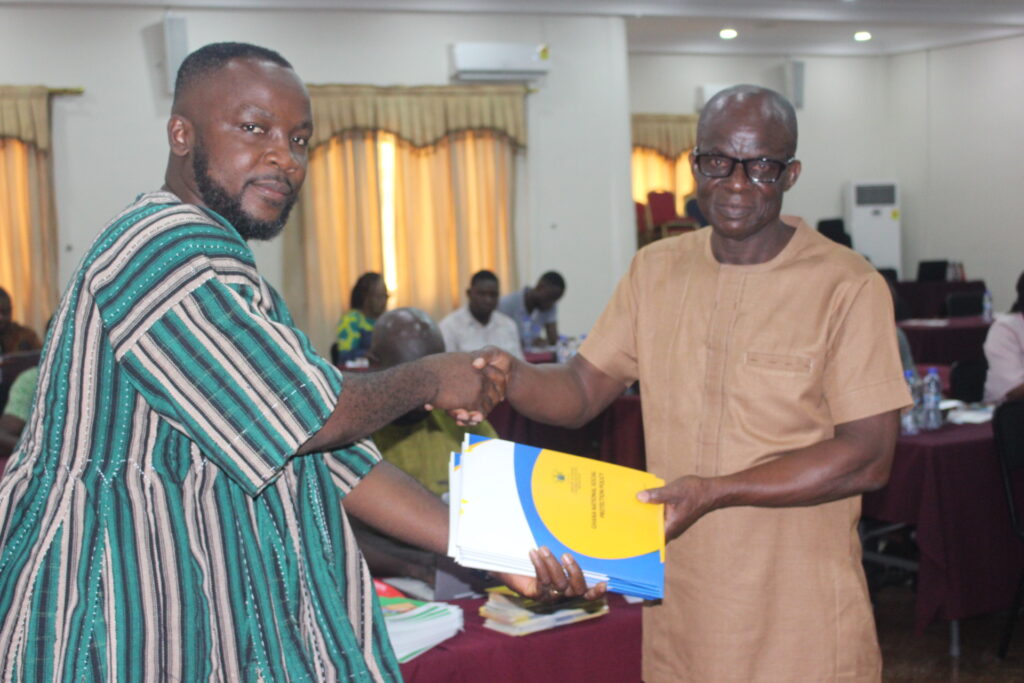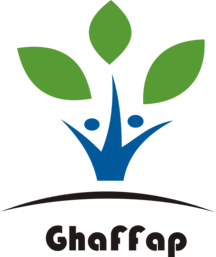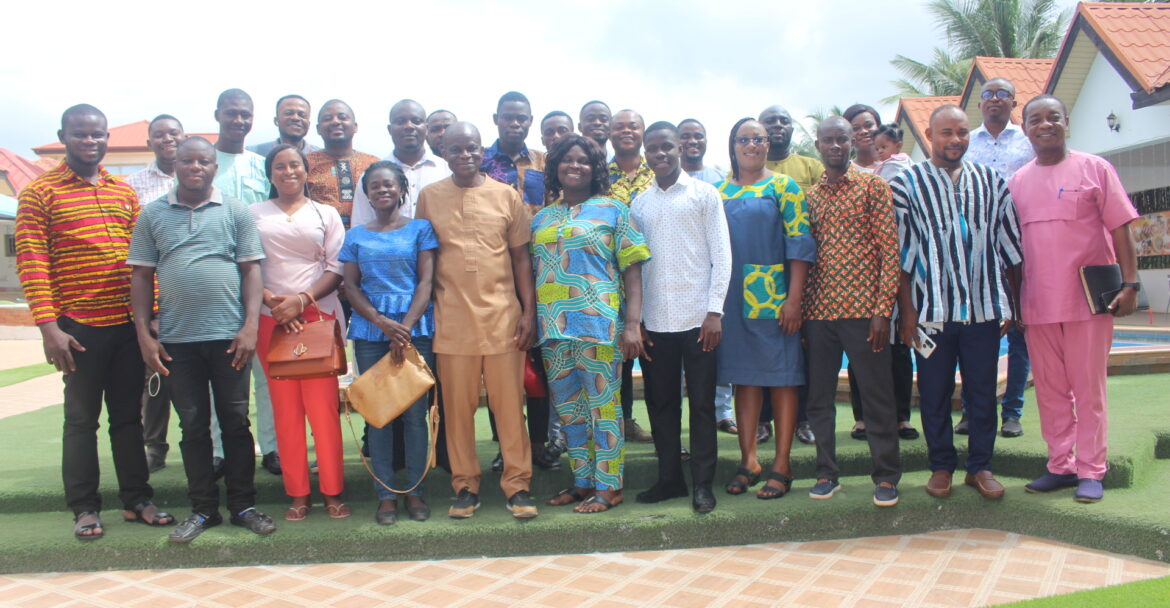The Ghana Federation of Forest and Farm Producers (GhaFFaP), with support
from the Forest and Farm Facility implemented by the Food and Agriculture Organization of the United Nations (FAO)and its Global partners including International Union for the Conservation of Nature (IUCN), the International Institute for the Environment and Development (IIED) and Agricord in collaboration with the Ministry of Gender, Children and Social Protection (Social Protection Directorate), has organized a 4-day sensitization workshop on Social Protection for its members in Kumasi the Ashanti Region of Ghana.

The training programme, which was targeted at smallholder farmers who belong to the various Forest and Farm Producer Organisations (FFPOs), equipped participants with knowledge on available social protection policies, programmes and initiatives for smallholder farmers and identify entry points to access such opportunities, which were considered to be out of reach of many members.
It also served as a platform for members to follow up with coordination for the profiling of FFPO members to enable GhaFFaP lobby for social protection services for them.
Addressing participants at the workshop, a Programme Officer at the Peasant Farmers Association of Ghana (PFAG),and Business Incubation member of the GhaFFaP Benjamin Sarfo, reiterated the need for all to have access to protection from unexpected shocks of life. “This workshop is to explore ways to be more prepared and have some level of cushioning for our smallholder farmers in terms of access and benefits.”A group picture of the participants
In his opening remarks, the National President of GhaFFaP, Nana Kwaw Adams, who doubles as the Executive Director for Abrono Organic Farming Project (ABOFAP), noted that: “The Coronavirus disease has disrupted food supply chains globally and impacted negatively on activities of smallholder farmers which in turn has exacerbated food crisis situation in developing countries such as Ghana. Therefore, there is a need to examine both public and private social intervention programmes and identify critical value chain spaces for farmers to take advantage of and contribute towards food security in the country.’’
Various speakers took turns to sensitize participants on some social protection programmes which include The Livelihood Empowerment Against Poverty (LEAP), National Health Insurance Scheme (NHIS), The Ghana School Feeding Programme (GSFP), The Ghana Household Registry, and The Ghana Productive Safety Net Project (GPSNP).
Taking his turn, ING. George Kwadwo Ababio, National Coordinator of GPSNP, charged participants to position themselves to tap into the Productive Inclusion (PI) activities of the GPSNP in order to improve the productivity of their members.
School Feeding Programme and Agriculture
The Ghana School Feeding Programme (GSFP) which started in 2005 is an initiative of the comprehensive Africa Agricultural Development Programme (CAADP) Pillar 3 which seeks to enhance food security and reduce hunger in line with the United Nations (UN) Sustainable Development Goals (SDGs) on hunger, poverty and malnutrition.
But farmers are missing out in the supply of food to the schools due to bureaucratic bottlenecks.
To promote the participation of farmers in all the interventions, members of the Federation agreed to take advantage of all the relevant spaces within the social intervention programmes in the country and establish sustainable income generating activities to support themselves.
Sharing his thoughts after the workshop, Mr. Mark Kepo Akparibo, a participant who doubles as the secretary of GhaFFaP National Executive Committee and the Executive Secretary of Tele -Bere VSLA Association, indicated that, “we have acquired deep knowledge to enable us explore intervention areas that have high demand for the work we do and will come up with strong proposals for consideration. More so because, these are areas with few expertise that provides opportunities for us to contribute to increasing smallholder farmer participation in the interventions.”
“The training has accentuated my general knowledge in social protection. I look forward to taking my place within the programmes to make the best use of it,” said Lydia Miyela of the Maaltaaba Peasant Women Farmers’ Cooperative (MAPEWFAC), a participant at the workshop.
In his closing remarks, the President of GhaFFaP, Nana Kwaw Adams, entreated all participants to take advantage of the knowledge acquired during the workshop and translate it into workable actions for the benefit of members and the Federation, adding that, the Federation is looking to formally establishing relationships with the various government agencies responsible for these interventions through the signing of Memorandum of Understanding (MoU) to kick start the process of participation in the implementation of the interventions in the regions across Ghana.
Presentation of books on Social Protection
To promote reading and help deepen knowledge on issues relating to social protection, the Ministry of Gender, Children and Social Protection through its representative Samuel Boakye-Marfo, presented some reading materials on the subject matter to the Federation as he called for support to increase funding for social protection.


